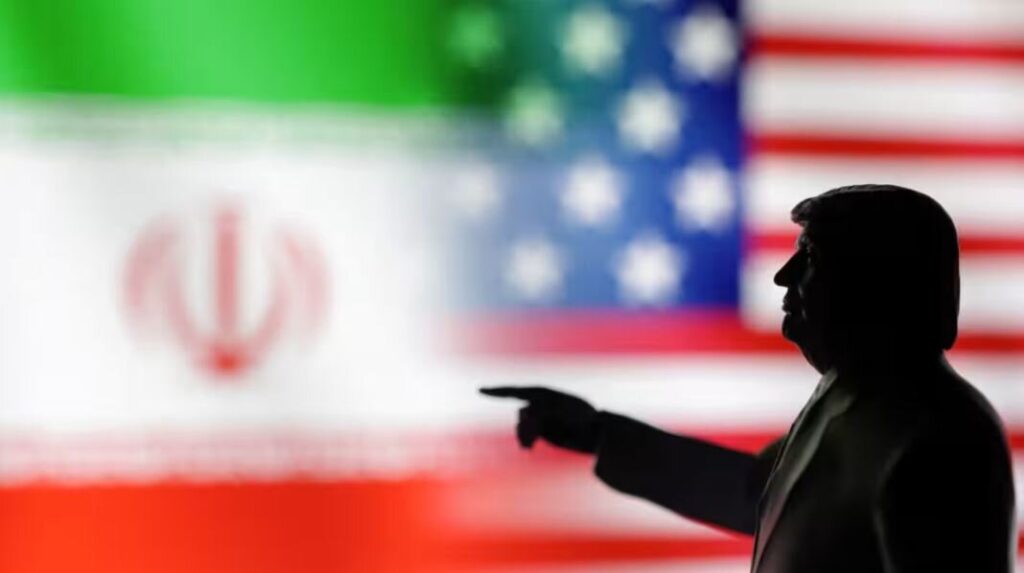Tehran – There is a fine line between intelligence and wisdom. Smart people solve problems. But wise people avoid them. Nation-states are considered wise, like the United States, to pursue their interests, but civilized states such as Iran can be understood as wise.
Iran’s diplomacy and US foreign policy, driven by national and security interests, operate within fundamentally different paradigms. One prioritizes endurance and strategic patience. The consequences of this obsessive problem-solving were a history of diplomatic miscalculation, which often peaked with misunderstandings, unilateral decisions, and postmortem regret rather than foresight of pre-death. If the US is seeking real involvement with Iran, it must first recognize the limitations of its habitual approach and avoid unilaterally imposing it at once, whether it is sanctions or solutions!
The general mode of behavior in US foreign policy is like identifying perceived crises, developing interventionist solutions, and implementing them under the assumption of rapid firing problem-solving. History over the past 20 years tells us that this approach has repeatedly failed and often contributes to exacerbating the original crisis rather than solving it.
Over 20 years of war and occupation in Afghanistan and Iraq have proven the limits of the power of US military and diplomatic forces. Have they learned anything from the past? It’s not likely to happen! The West Asia region is much worse than before the US invasion. The same flow of thought is still vibrant and pulsating within certain foreign policies of the West. Documenical stubbornness that prefers to wipe away problems rather than finding a solution.
In contrast, Iran has relied on historical wisdom rather than knee response to master diplomatic durability. Strategies in navigating hostile policies (which are sanctions, military threats, or secret operations) develop a deeper understanding of long-term survival. The US is seeking a quick resolution, but Iran is waiting to play a long game, absorb pressure, readjust the response, and act to pursue legitimate interests.
Iran and the US diplomacy is not just a matter of trading, as Trump sees. This is an ideological conflict between interventionist problem-solving and long-term avoidance obligation strategies. When nuclear issues are merely an agenda item for the US administration, it represents a civilized issue from an Iranian perspective: an intransitable right.
From an Iranian perspective, the transaction is only meaningful when ensuring strategic security, not as a temporary measure to alleviate Western concerns. When the US illegally withdraws from the Joint Comprehensive Action Plan (JCPOA) in 2018, it did so under the illusion that Iran would buckle under pressure. Iran has been able to withstand too much to sway when they see a stick, and too many to become naive in the face of the carrot.
From an Iranian perspective, there is no nuclear crisis in the first place! It was manufactured! We provide services solely to isolate and securitize Iran. The only issue that needs to be addressed is unilateral and illegal sanctions in the United States. If Washington continues to recognize Iran’s involvement as a problem to be resolved rather than a dialogue to maintain, there is a risk of repeating past failures. Before rich speeches, fiery speeches, and dragging the country into another quagmire, US policymakers must acknowledge the reality that post-mortem regret outweighs perceived diplomatic benefits.
Strategic wisdom stipulates that before initiating a series of actions, the state must first assess its possible and unintended consequences. The United States is plagued by blind spots due to its intelligence and diplomatic capabilities, and runs the entire range of foreign policy blunders. I have repeatedly failed to accept this previous approach – adapting to action bias and instead choose to intervene first and streamline later.
Iran is giving Washington an opportunity: an opportunity to abandon the cycle of intervention and hyper-unalatarism. If the US sees things through an Iranian perspective, we may recognize that diplomacy is about progressive, long-term stability rather than a quick revision.
In order for us to truly evolve foreign policy, we must move away from the reflexive need to impose solutions and instead embrace the wisdom of avoidance and endurance. Iran’s diplomatic resilience is not a weakness. It is a survival mechanism forged for thousands of years. If Washington can listen to this lesson, take stock of the previous strategy and engage in patience rather than rushing, it may break the pattern of post-mortem regret that has long defined foreign policy miscalculation.

